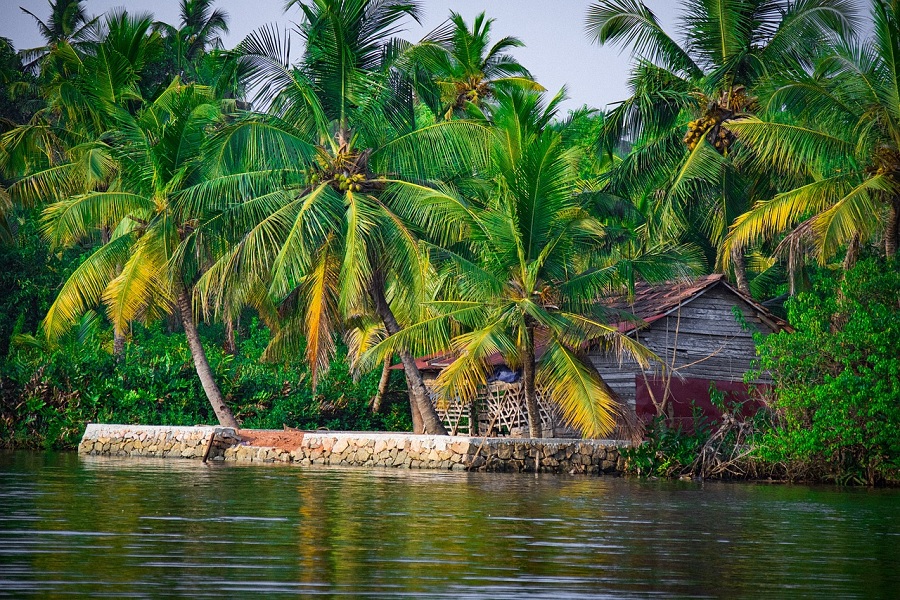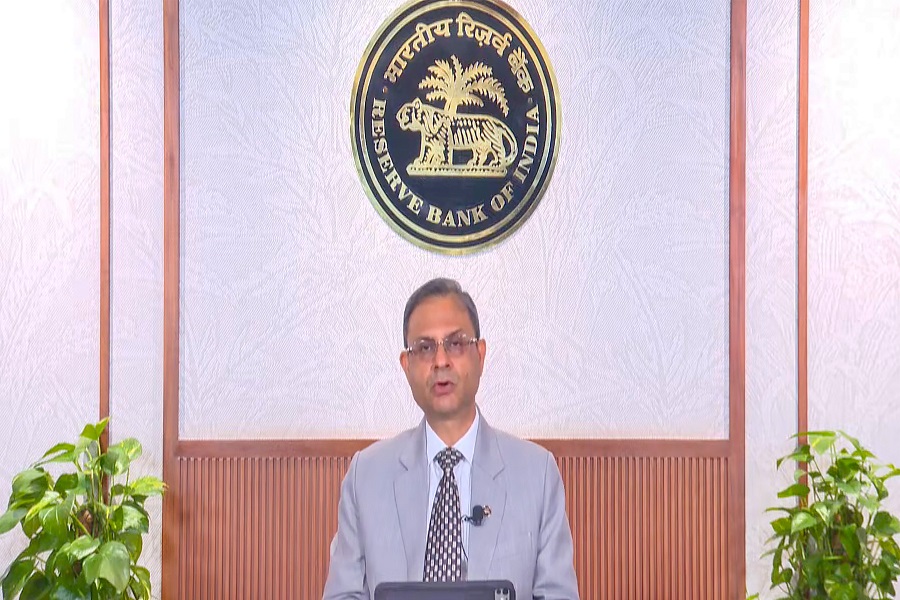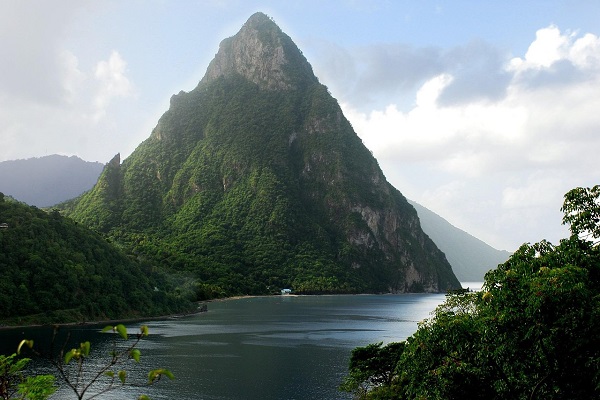Ecotourism in Kerala: A Gateway to Nature and Sustainability

Kerala, often referred to as "God's Own Country," is renowned for its breathtaking landscapes, from serene backwaters to lush hill stations and pristine beaches. However, Kerala is also leading the way in sustainable travel and eco-friendly tourism practices, making it one of the top destinations for ecotourism enthusiasts.
What is Ecotourism?
Ecotourism is a form of responsible travel that focuses on the conservation of natural environments, supports local communities, and minimizes the ecological footprint of travelers. In Kerala, ecotourism is not just a trend but a lifestyle that highlights the importance of preserving the environment while offering visitors a chance to explore Kerala’s diverse ecosystems.
Top Ecotourism Destinations in Kerala
-
Wayanad – Located in the Western Ghats, Wayanad is a paradise for nature lovers. It offers eco-friendly resorts, nature trails, and wildlife sanctuaries. Visitors can explore the Edakkal Caves, famous for their ancient petroglyphs, or trek through the lush forests of Wayanad Wildlife Sanctuary, home to elephants, tigers, and other wildlife.
-
Periyar Wildlife Sanctuary – Situated in Thekkady, this sanctuary is a haven for wildlife lovers. The sanctuary focuses on conservation and sustainable tourism practices, offering eco-friendly boat rides in Periyar Lake, where travelers can spot elephants, bison, and various bird species in their natural habitat.
-
Vembanad Lake – The backwaters of Kerala are famous for their tranquil beauty. In Vembanad, the largest lake in Kerala, ecotourism ventures like houseboats made from sustainable materials offer an eco-friendly way to experience the backwaters while supporting local communities.
-
Agasthyakoodam – As the second highest peak in Kerala, Agasthyakoodam is perfect for trekkers and ecotourism enthusiasts. The peak is surrounded by the Agasthyakoodam Biosphere Reserve, which is rich in biodiversity, home to many endemic species of flora and fauna.
-
Silent Valley National Park – A pristine stretch of tropical rainforest, Silent Valley is one of the last untouched remnants of the Western Ghats ecosystem. The park offers trekking routes, educational tours, and a chance to witness the richness of Kerala's natural heritage.
Key Features of Ecotourism in Kerala
-
Sustainable Accommodations – Kerala is home to eco-friendly resorts, treehouses, and homestays that use renewable energy, recycle water, and minimize waste. These accommodations ensure that travelers experience comfort without harming the environment.
-
Wildlife Conservation Efforts – Kerala places a strong emphasis on protecting its rich biodiversity. With wildlife sanctuaries, national parks, and biosphere reserves, the state promotes responsible tourism that supports the conservation of endangered species like the lion-tailed macaque and the Nilgiri Tahr.
-
Community Involvement – Ecotourism in Kerala also focuses on empowering local communities by encouraging sustainable practices, providing employment in eco-tourism ventures, and promoting local culture. Visitors have the opportunity to interact with indigenous tribes, participate in traditional crafts, and enjoy local cuisine.
-
Eco-Friendly Travel Choices – Kerala encourages travelers to make eco-conscious travel choices, such as using electric boats, cycling tours, and participating in green initiatives like tree planting and waste management programs.
The Importance of Ecotourism in Kerala
-
Environmental Conservation – Kerala's ecotourism initiatives directly contribute to the conservation of natural habitats and wildlife. By promoting responsible tourism, Kerala aims to reduce human impact on sensitive ecosystems.
-
Economic Benefits to Local Communities – Ecotourism creates sustainable livelihoods for local communities by encouraging the development of eco-friendly businesses, such as organic farming, local handicrafts, and eco-resorts. This helps preserve Kerala’s traditional culture and supports economic growth in rural areas.
-
Educational Opportunities – Ecotourism offers visitors a unique chance to learn about environmental conservation, wildlife protection, and sustainable practices. Travelers gain a deeper appreciation of the natural world and are encouraged to adopt eco-friendly habits in their daily lives.




















